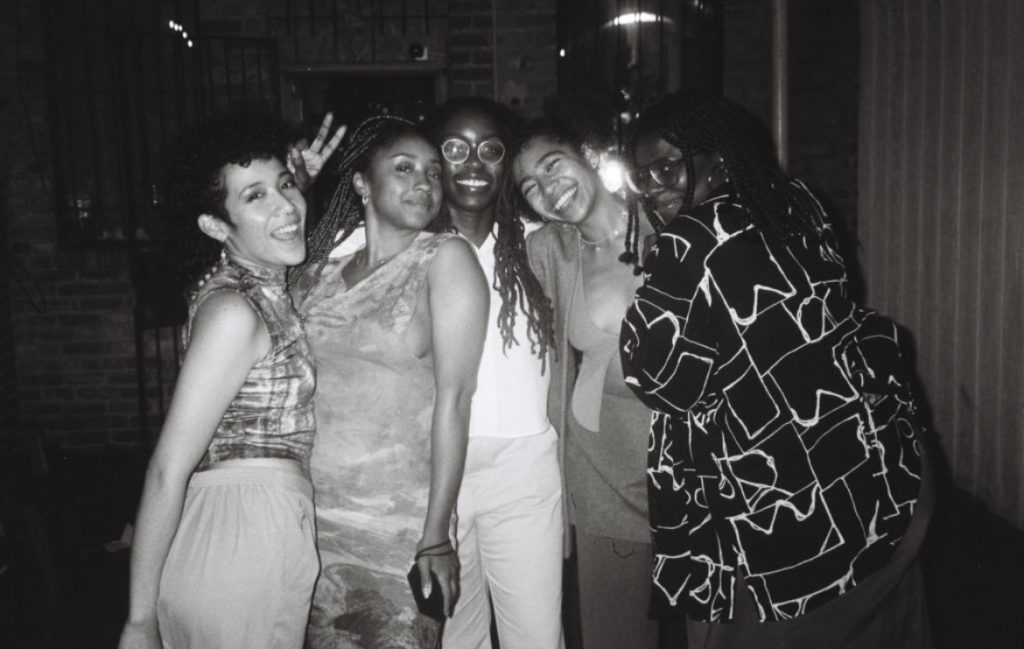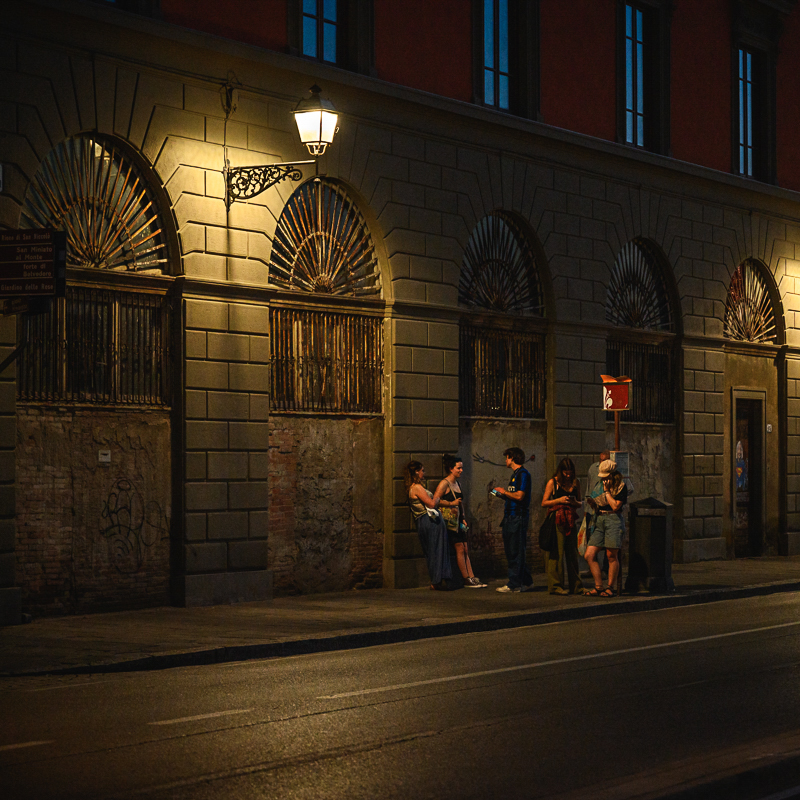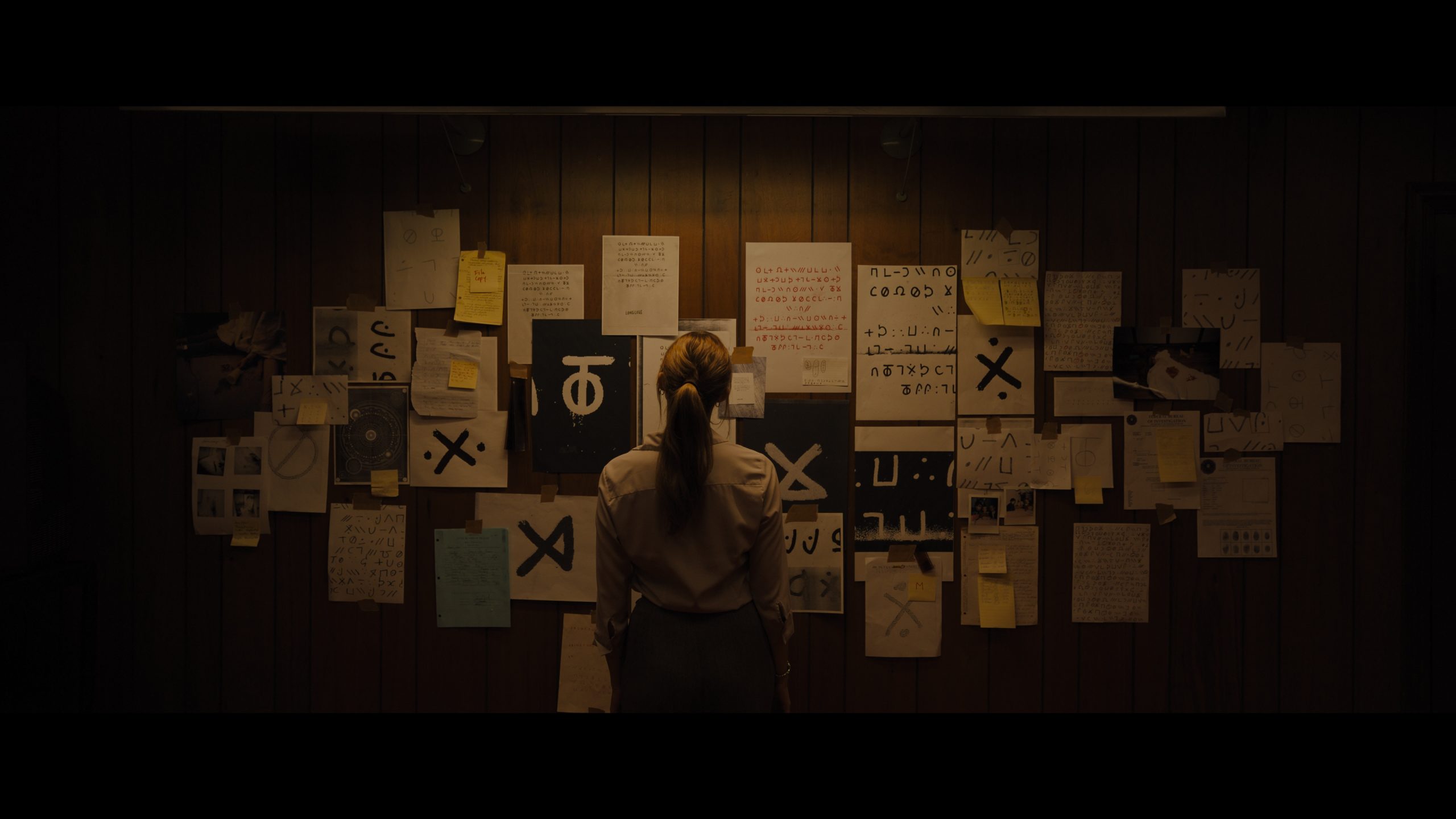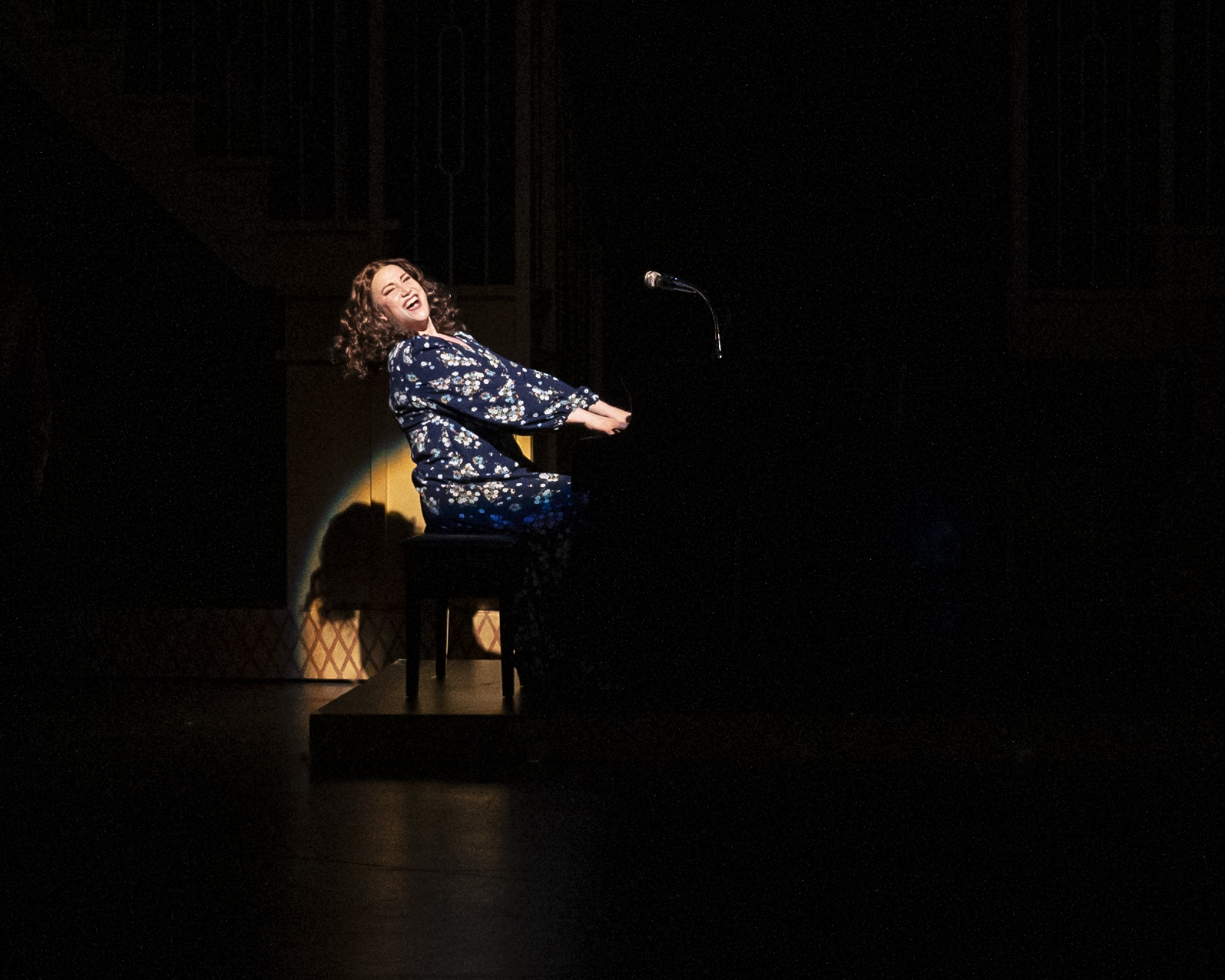Some of the best ideas are born in the living rooms of D.C. group homes. Lavender Evolutions, the ever-growing D.C. collective, began as one of those ideas. While living together in the Petworth home, lovingly referred to as the Giant Peach for its vibrant peach-painted facade, Madi Dalton and Leslie Tellería continued the group house’s legacy as a gathering place for QTBIPOC friends and community members. In 2022, as Dalton and Tellería’s lease came to an end, they decided to continue making community space in the form of a collective. Lavender Evolutions was born that same year, creating an essential third space for local queer and trans people of color.
Dalton and Tellería joined forces with Mary Ayorinde, Mikayla Bryant, and Camryn Casey to officially launch Lavender Evolutions. Each of the founding organizers brought different skills, interests, and connections to pockets of D.C.’s QTBIPOC community. “Lavender is what it is because of collaboration,” Tellería tells City Paper. “The reason for its success and its launch is because of those relationships. We don’t think about it as the five of us, you are Lavender, anyone who comes to our events is Lavender. The participants are equally a part of Lavender as we are.”
Lavender Evolutions started with a book and vinyl swap at the Saturday morning Mount Pleasant Farmers’ Market. In addition to leaving with new books to read and records to listen to, attendees left with new friends. The success of the event catapulted Lavender Evolutions into spaces larger than the Giant Peach’s living room. In the two years since, the collective has collaborated with institutions across the city including the D.C. Public Library, Trade, Mount Pleasant Library Friends, Eaton Hotel, and Lost City Books, cementing the collective as “a pop-up third space,” says Tellería.
Third spaces, the social environments where people spend their time beyond the home and workplace, have been largely decimated in recent years due budget cuts to public services such as libraries and parks. Especially as queer spaces, particularly sapphic ones, close, the third spaces that remain are often hostile or exclusionary toward QTBIPOC presence and expression.
“Lavender Evolutions is a queer, radical, nonracist space where I know we share similar values,” shares event attendee and LE volunteer Laura Elebesunu. “Not just in what we want for a party but in what we want for our community and how to live,”
According to Elebesunu, “a lot of spaces in D.C. aren’t as naturally inclusive” as Lavender Evolutions. “Regardless of the type of [Lavender Evolutions] event, there are going to be people I relate to on many levels. Or if I don’t relate to them, they’re open to connecting to different types of people,” Elebesunu says.
Fellow attendee and LE volunteer Lei Fletcher adds, “Navigating our day-to-day lives as people of color can be isolating and draining out here … I get tired of being ‘on’ and operating around White people but in these Lavender Evolutions spaces, I can breathe and relax my shoulders and be in my body.”

With the continued goal to uplift, educate, and entertain its participants, Lavender Evolutions hosts a range of events including book clubs, mixers, happy hours, dance parties, yoga classes, hikes, picnics, runs, and panels. (On June 16, their Pride party, Nectar, was a sold-out success.) But they also plan events in response to the emerging needs of their organizers and participants. In recent months, they’ve hosted phone-banking and wheat-pasting sessions in support of a ceasefire in Palestine and they’ve also collaborated with DC Dyke March and the DMV Dissenters.
Beyond educating and connecting QTBIPOC Washingtonians, Lavender Evolutions fosters joy and jubilation for a community often under attack. “I volunteered at last year’s Pride party and when I was people watching and looking at the crowd, I saw how happy people were,” says Fletcher. “There aren’t enough spaces that center QTBIPOC folks and our joy … There’s a lot of value in just sitting with that [joy], reflecting on it.”
“I would not have had the same experiences I’ve had in D.C. without Lavender Evolutions,” Fletcher adds.
Two years in, the community that Lavender Evolutions has fostered is only growing stronger, more diverse, and more inclusive with each event.
“The amount of people I know who met their friends and lovers in Lavender spaces means the desired effect is happening,” says Tellería. We’re bringing worlds together and to be a part of that is truly an honor.”
Lavender Evolutions’ next book club to discuss Audre Lorde’s Sister Outsider starts at 7 p.m. at Lost City Books on July 30. lostcitybookstore.com. Free.




